A Nobel experience: Five KAUST researchers to attend 71st Lindau Nobel Meeting
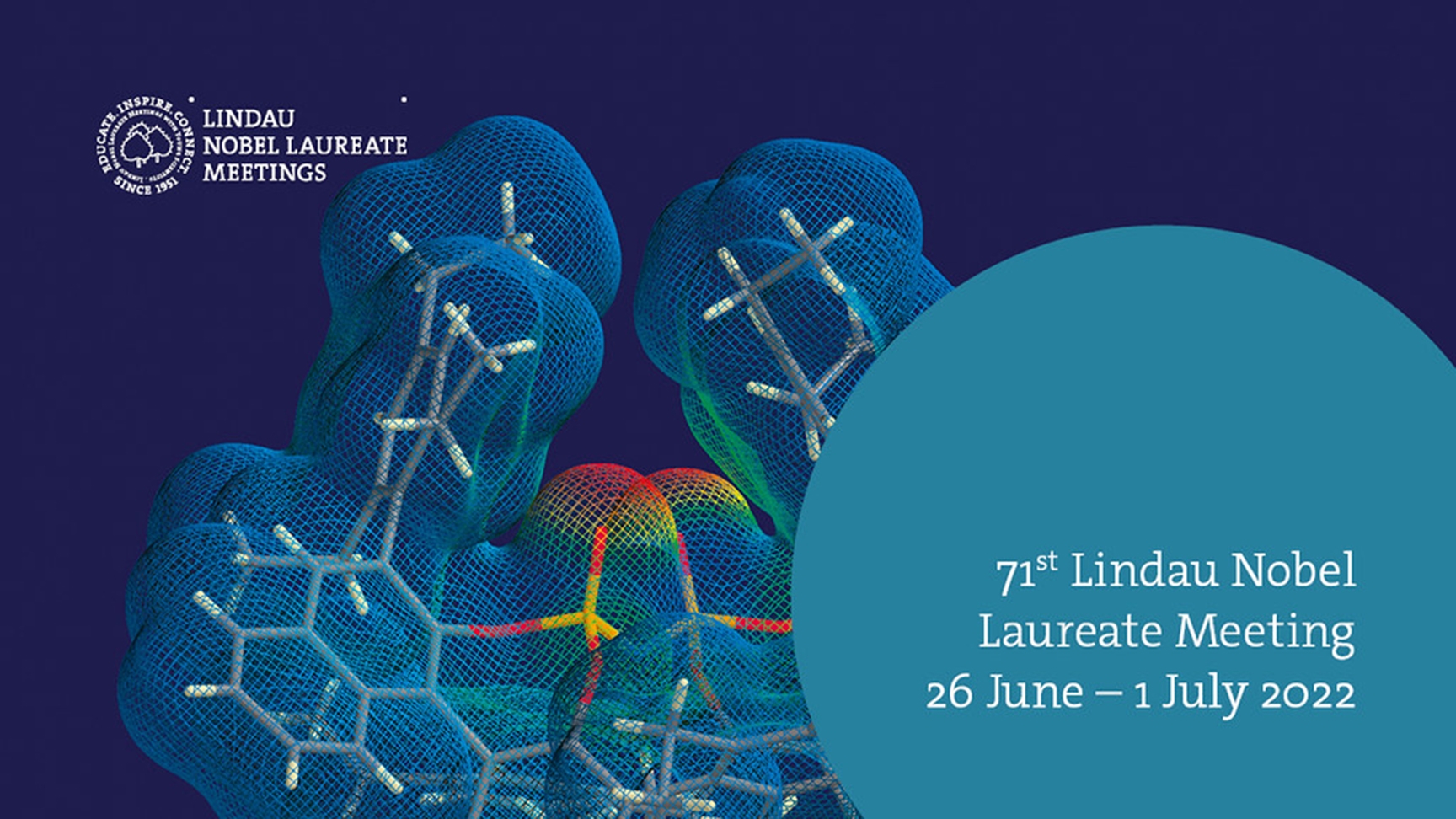
71st Lindau Nobel Laureate Meeting, 2022; Photo: Lindau Nobel Laureate Meeting
In 1950, two physicians from the small German town and island of Lindau came up with the concept of a forum for Nobel laureates to carry out an annual scientific exchange. A year later, the Franz Karl Hein and Gustav Wilhelm Parade realized their dream in the form of the first European Meeting of Nobel Laureates in Medicine."
Seven laureates participated in the original 1951 forum, which, according to the Lindau Meetings' website, "was conceived as a European initiative of post-war reconciliation among scientists." In 1953, the event opened its doors to graduates, Ph.D. students and postdoctoral researchers.
With alternating disciplinary foci, the Lindau Nobel Laureate Meetings have provided a multidisciplinary conversation space for individuals from different disciplines, generations and cultures to discuss the latest developments in the Nobel Prize natural science disciplines: physiology and medicine, physics and chemistry.
Approximately 40 Nobel laureates and 611 highly accomplished young scientists from 91 countries will attend this year's 71st Lindau Nobel Laureate Meeting, which will be held from June 26 to July 1 2022. During this week-long event, attendees will exchange ideas and research across disciplines. In addition to interacting with the young scientists, the laureates will also present their research and reflect upon their careers.
In order to be selected to join the annual gathering of Nobel laureates at Lindau, young scientists aged up to 35, including undergraduates, Ph.D. students and postdoctoral researchers, had to pass a multi-step application and selection process. Over a thousand candidates are nominated for each meeting.
KAUST will be among the institutions represented at this year's meeting, with five of the University's brightest young researchers selected to attend. The KAUST participants are Ph.D. candidate Mram Alyami (PSE Division); research scientists Anil Koklu (BESE Division) and Jan Kosco (PSE Division); and postdoctoral fellows Luis Lanzetta (PSE Division) and David Ohayon (BESE Division).
Mram Alyami, doctoral candidate, Smart Hybrid Materials Laboratory
"I am thrilled to get the opportunity to represent KAUST at Lindau. I believe I will get exceptional experience and valuable feedback from the top scientific experts, which will undoubtedly benefit my future career choice," she concluded.
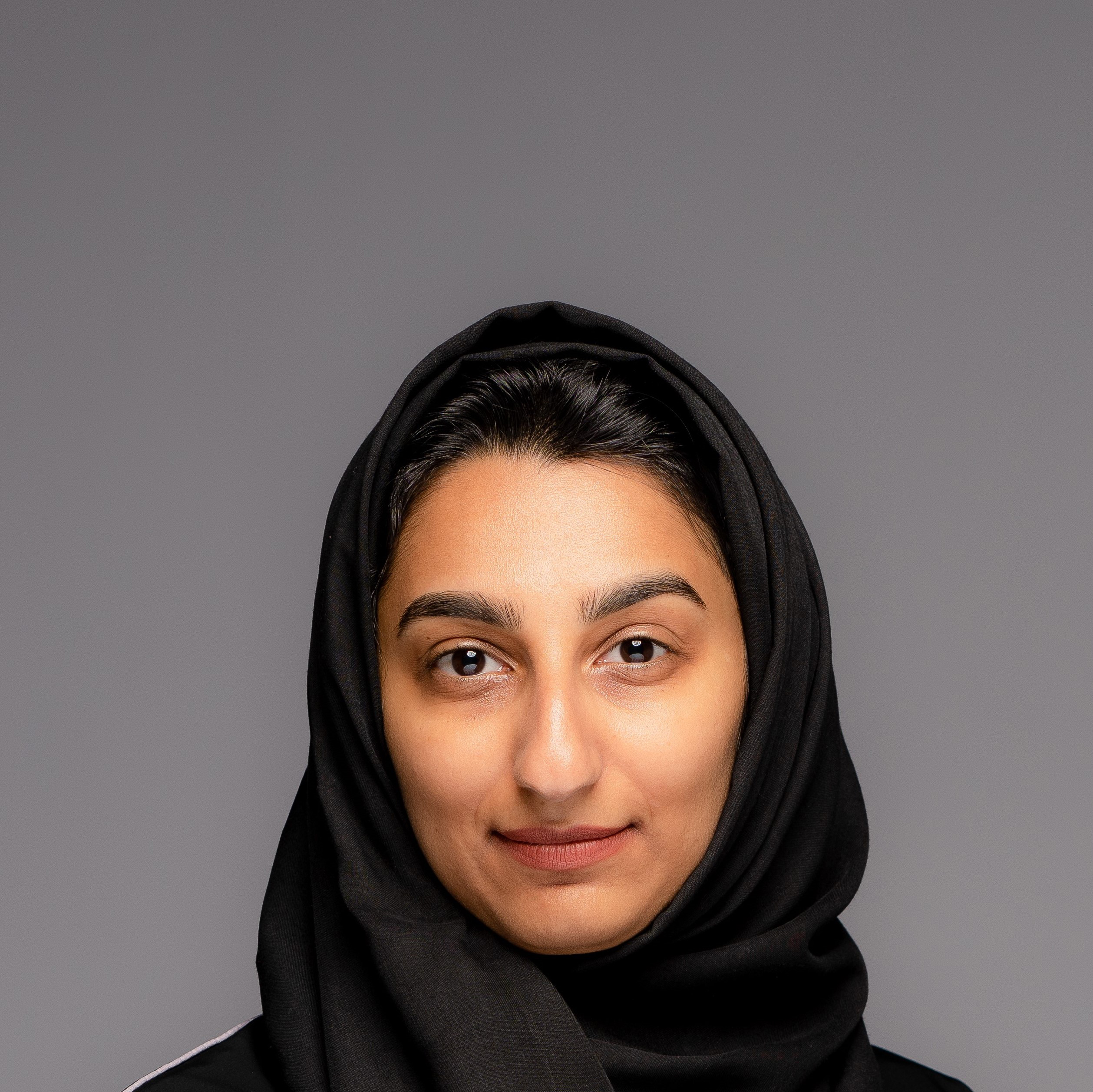
Mram Alyami, doctoral candidate, Smart Hybrid Materials Laboratory, KAUST; Photo courtesy of Mram
Alyami is a Ph.D. candidate based in the KAUST Advanced Membranes and Porous who began her career at KAUST in 2014 as a master's student under the supervision of KAUST Distinguished Professor of Chemical Science Dr. Nikos Hadjichristidis, carrying out research into polymer synthesis. She then pursued and obtained her Ph.D. in chemical science ('21) as a member of
Professor Niven Khashab's Smart Hybrid Materials (SHMs) working at the interface of chemistry and biology. Her ambition is to transform her research into practical applications.
In what promises to be a "truly enriching experience" Alyami is relishing the opportunity to mix with and see the Laureates' professional and personal sides. Her goal is to establish an educational institution where local women can develop a passion for science akin to hers.
"One of my greatest personal goals is to establish a school that implants a passion for science in the next generation of women, specifically, female Saudi scientists and researchers, so they can compete with the world's best students for places in world-renowned universities and bring more success to our Kingdom. I am thrilled to be nominated and selected for such an amazing opportunity."
Anil Koklu, research scientist, Organic Bioelectronics Laboratory
"Participation in the Lindau Nobel Laureate Meeting is a great honor and tremendous opportunity for any young scientist. I feel so grateful and fortunate to be one of the selected young scientists to attend such a prestigious meeting. There will be many role models at the meeting, and I strongly believe that being part of the event can trigger my scientific appetite and create a tangible positive shift in my career to pursue."
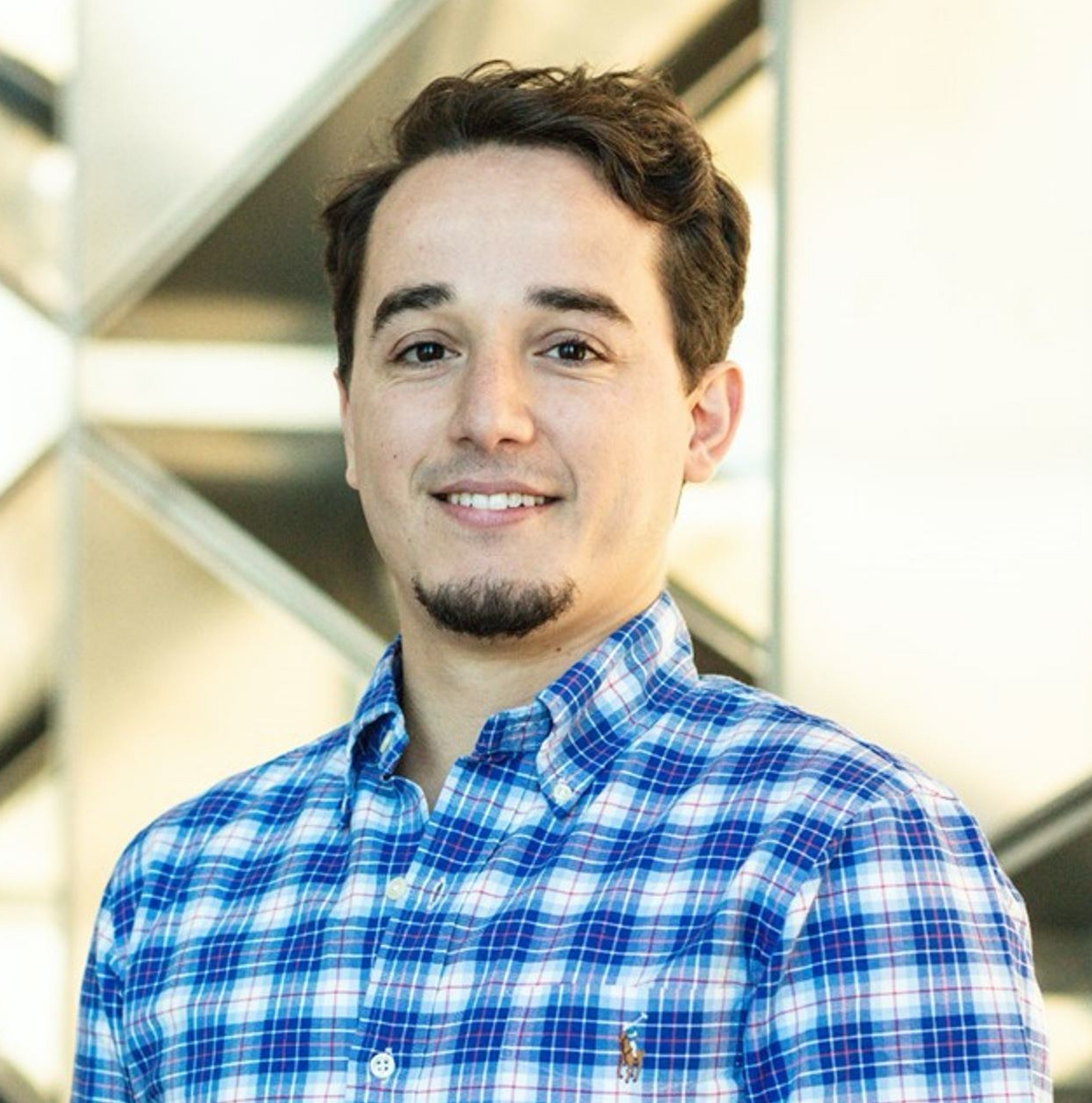
Anil Koklu, research scientist, Organic Bioelectronics Laboratory, KAUST; Photo courtesy of Anil Koklu
Anil Koklu is a research scientist in Professor Sahika Inal's
Organic Bioelectronics Laboratory group at KAUST. Dr. Koklu's interdisciplinary research focuses on developing lab-on-a-chip technologies for biologically relevant media characterization using electrical and optical systems, with close collaborations in microfluidics and bioelectronics. In light of his interdisciplinary research program, he strives for a balance between basic research, technology development and translational research with scientific and technological impact.
Koklu is particularly looking forward to meeting Nobel laureates and building relationships with scientists around the world.
"I am most excited to interact with the international community of young scientists and expand my perspective and knowledge by exchanging ideas while establishing new connections and collaborations with notable researchers from around the world."
Jan Kosco, research scientist, KAUST Solar Center
"I feel honoured and excited to take part in a meeting with so many great scientists from all over the world."
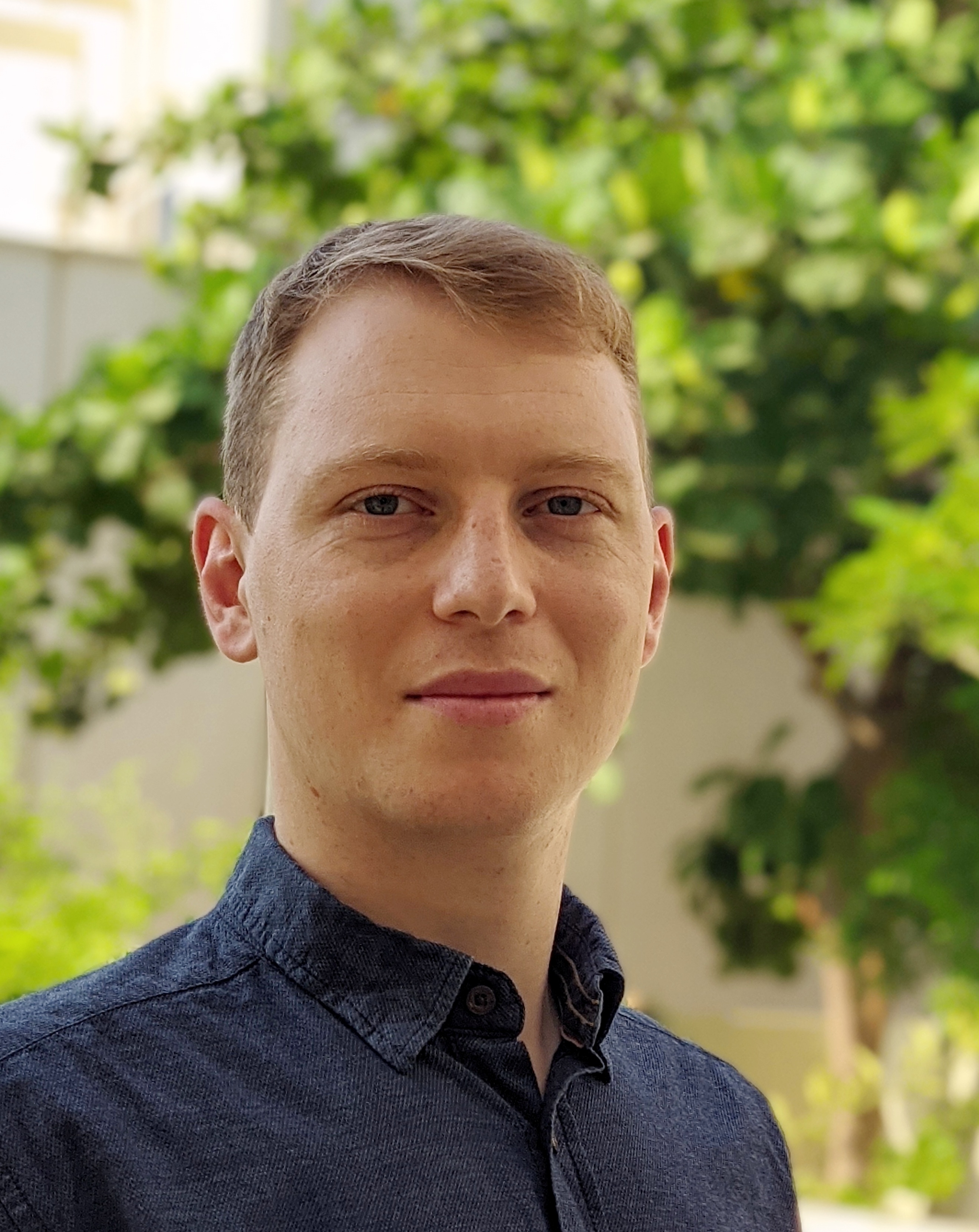
Jan Kosco, research scientist, KAUST Solar Center
Dr. Kosco is a research scientist based in the KAUST Solar Center. His research focuses on developing new semiconductor photocatalysts to produce green hydrogen from water using solar energy.
Almost all current photocatalysts are exclusively active under UV wavelengths, which carry less than 5% of solar energy. This, in turn, greatly limits their overall efficiency.
Kosco's research aims to counter these limitations by increasing the efficiency of solar hydrogen generation through the design of photocatalysts that are active under a broad range of UV-visible-infrared light. His future research points to the continued development of photocatalysts for other solar fuel applications, such as the generation of synthetic hydrocarbons from CO2 and water.
Having the opportunity to exchange ideas and discuss strategies to combat climate change with Nobel Laureates and his peers is an especially exciting prospect for Kosco.
"Attending the Lindau Nobel Laureate Meeting is a unique opportunity to learn from the collective wisdom of a large and diverse group of exceptional scientists. I would particularly like to discuss strategies for combating climate change with the Nobel Laureates and other young scientists to hear their opinions on what they think are the most promising technologies and research directions to focus on going forward."
Luis Lanzetta, postdoctoral fellow, Organic/Hybrid Materials for Energy Applications Lab
"I feel very honoured and excited to have an opportunity to attend this meeting. Being selected to spend a week surrounded by some of the most brilliant scientists of our time is a once-in-a-lifetime privilege, and I am very much looking forward to it."
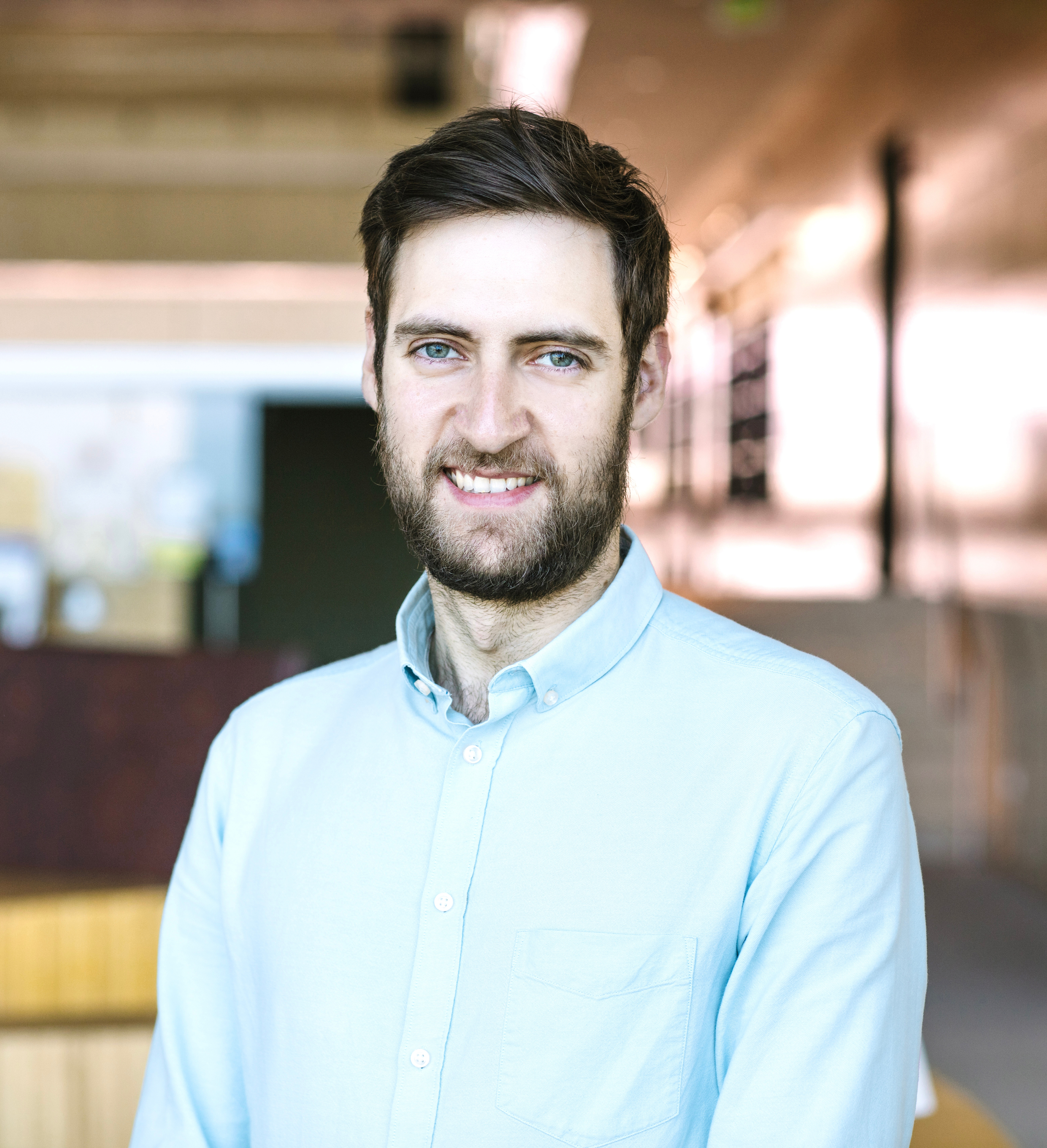
Luis Lanzetta, postdoctoral fellow, Organic/Hybrid Materials for Energy Applications Lab, KAUST; Photo courtesy of Luis Lanzetta
Lanzetta is a postdoctoral fellow based in Professor Derya Baran's Organic/Hybrid Materials for Energy Applications (OMEGA) Lab based in the KAUST Solar Center. His research examines the properties of perovskite materials and their use in optoelectronic applications, such as solar cells. Specifically, his interests include tin perovskites, perovskite doping and the degradation studies of solar cells and light-emitting diodes.
The core of Lanzetta's research focuses on modulating the electronic properties of perovskite materials by using molecular dopants. He is particularly interested in understanding the chemical interactions between dopants and perovskite that govern this process. The ability to manipulate these properties in perovskites will enable their optimal implementation as low-cost semiconductors in next-generation electronic devices.
As an occasion to meet like-minded young scientists and learn from their work and experiences, he firmly believes that the upcoming Nobel Laureate Meeting will serve as a powerful personal inspiration and an excellent platform for global collaboration and networking.
"The wide variety of disciplines in Lindau will give me a wider perspective of cutting-edge chemistry and how we can best use it to tackle global challenges. I expect the advice from Laureates regarding my work and research plans to profoundly impact my development as an early career scientist. I am eager to hear their opinions on how we can accelerate the transition from carbon-based to renewable energy sources and what role we as chemists should fulfill, both from an academic and a societal perspective."
David Ohayon, postdoctoral fellow, Organic Bioelectronics Laboratory
"I feel honored to have been selected to participate in the Lindau Nobel Laureate Meeting. We will have the chance to meet and discuss with many role models and inspiring people whose research has made a global impact on mankind. I am excited and looking forward to it!"
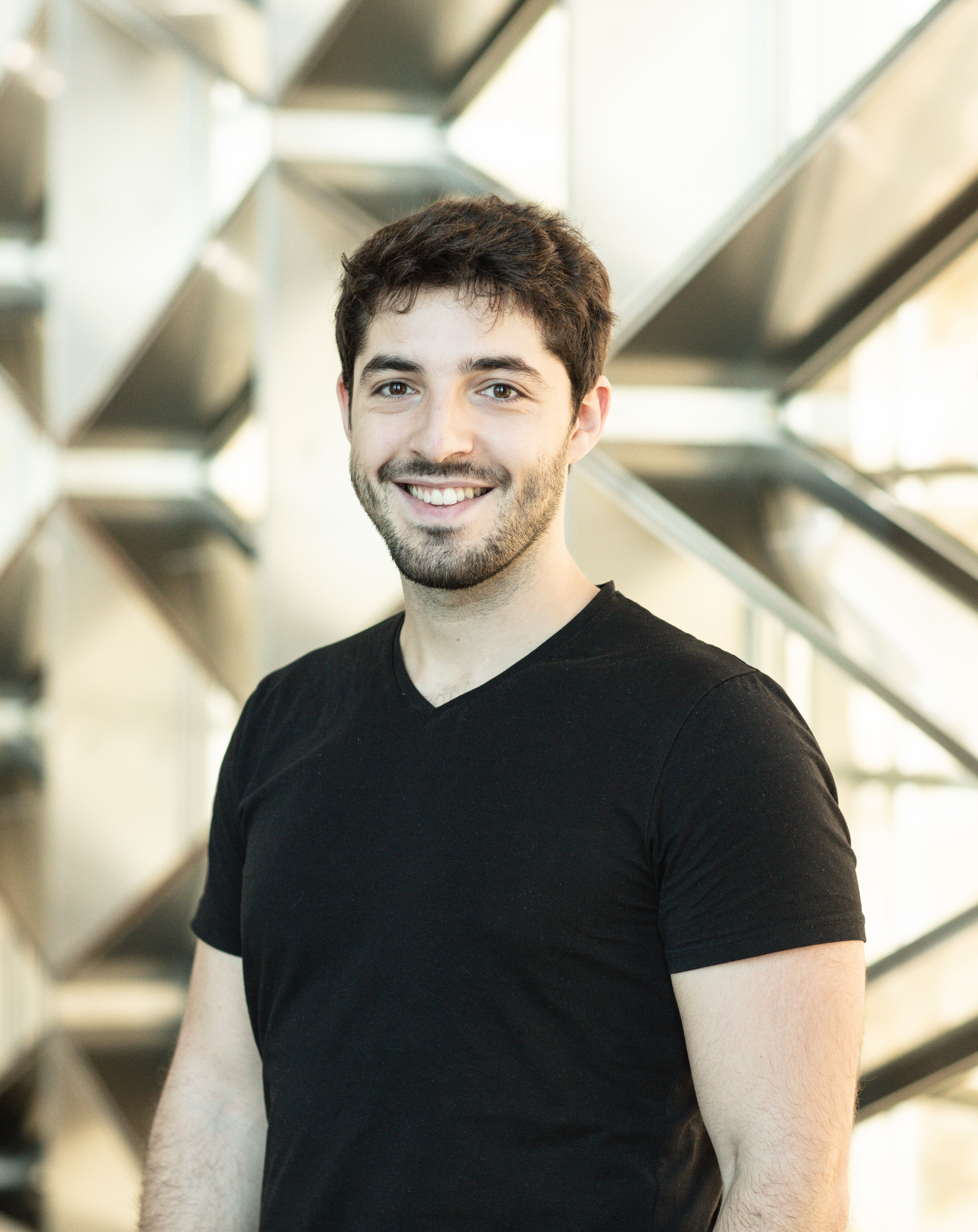
David Ohayon, postdoctoral fellow, Organic Bioelectronics Laboratory, KAUST; Photo courtesy of David Ohayon
David Ohayon is a postdoctoral fellow working with Professor Sahika Inal in the Organic Bioelectronics Group at KAUST. Dr. Ohayon aims to develop new types of diagnostic tools for decentralized point-of-care through material discovery.
Ohayon's innovative interdisciplinary science and engineering research aims to integrate concepts and approaches from chemistry, natural/synthetic materials and biology to tackle two areas of critical importance to society: advanced materials and health. His research interests cover advanced and functional materials for early, rapid and accurate disease and pathologies diagnosis; (bio)actuation; and the development of biomedical devices.
During his time as a Ph.D. student at KAUST, Ohayon had the pioneering idea to implement a new class of materials for organic bioelectronics,namely electron-transporting (n-type) conjugated polymers, in bioelectronic devices that leverage redox reactions for point-of-care applications. This research has seen the successful development of n-type-based devices to monitor metabolites and energy production from bodily fluids.
"I anticipate that parallel advances in biological and material research will shift the existing "one-size-fits-all approach" in the global healthcare system to a more proactive and personalized model.
"I believe the Lindau Meeting is an exceptional opportunity to meet not only Nobel laureates, but also a lot of other extremely talented scientists. It is a great chance to network with other young scientists that also want to make an impact. I am excited and looking forward to meeting an international community of researchers and exchanging ideas."

